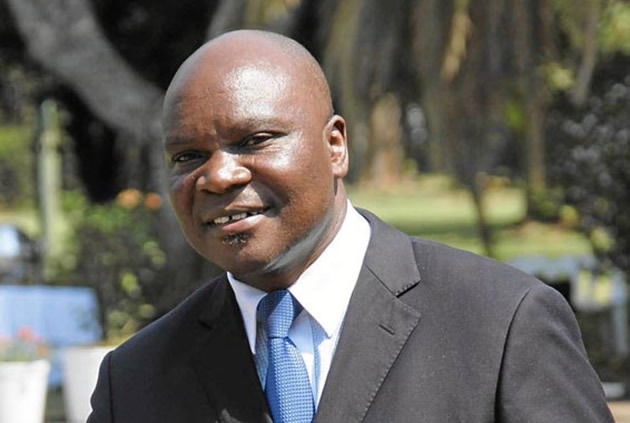Mineral beneficiation the way to go, says minister

Whinsley Masara, Business Reporter
MINES and Mining Development Minister Walter Chidhakwa says revitalising the economy requires more investment in value addition and beneficiation of natural resources so as to increase earnings.
The value addition thrust is a key component of the country’s economic blue-print, Zim-Asset, which expires in 2018.
Zimbabwe is a net exporter of precious raw mineral resources such as platinum, gold, diamonds and chrome but suffers reduced earnings in the context of weakening global commodity prices and lack of a robust domestic refining industry.
As such, Minister Chidhakwa says a deliberate move has been taken to push the beneficiation agenda on the country’s mineral resources.
He told delegates at a recent mining indaba in Bulawayo that the Government has settled for the setting up of a platinum refinery in the country and resuscitation of the Kwekwe gold roasting plant as part of priority projects.
He said these projects would benefit in terms of increased investment, revenue, employment and technology.
“By establishing such projects there will also be upward, downward and side economic linkages, which will have ripple effects across the whole spectra of the economy,” said Minister Chidhakwa in a speech read on his behalf by a top ministry official Mr Valentine Vera.
“At the heart of our country’s economic blue print is the beneficiation and value addition of our natural resources at large and minerals in particular.”
The Government has said an investor for its wholly owned Kwekwe refractory plant has been found as efforts to revive the asset which has been idle since 2000 gather pace. The identified investor will take up a 49 percent shareholding while Government will control the remaining 51 percent.
The Kwekwe roasting plant has capacity to process about 9 000 to 10 000 tonnes of concentrate per annum and its resuscitation is expected to increase volumes to the national gold output. The refractory plant ceased operations in 2000 and Government transferred ownership of the assets to the Minerals Marketing Corporation of Zimbabwe on condition that the corporation would pay all the liabilities that the roasting plant had. The roasting plant was established in 1937 to assist small and medium scale miners around Kwekwe in the processing of dumps or refractory gold ore.
These dumps have an estimated 350 000 metric tonnes of ore and according to Peacocke and Simpsons Mineral Processors, they contain 97 220 ounces of gold worth $140 million at current prices. The Government is planning to replace roasters with new technology to improve recovery of gold and reduce the environmental impact of the plant.
Minister Chidhakwa said his ministry has also embarked on initiatives such as gold mobilisation, consolidation of diamond mining, lifting of the ban of chrome ore exports and establishment of mining cadastre.
“It is envisaged that these initiatives will increase levels of profitability, participation by indigenous Zimbabweans and transparency in the mining sector and minerals will be optimally extracted,” he said.
“The ministry also plays an important role in promoting environmental justice. Mines are encouraged to take care of the environment and should adhere to EMA requirements. There is need to ensure sustainable and environmental protection throughout the lifespan of a mining project.”
The minister said the Government was committed to bringing about desired socio-economic development and environmental protection through mining sector reforms that are being implemented.
@winnie_masara











Comments